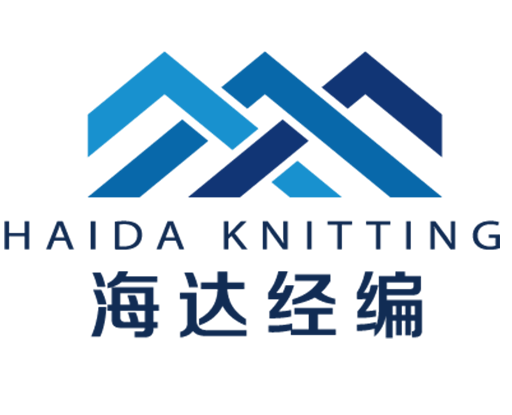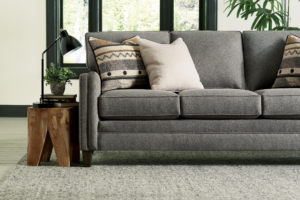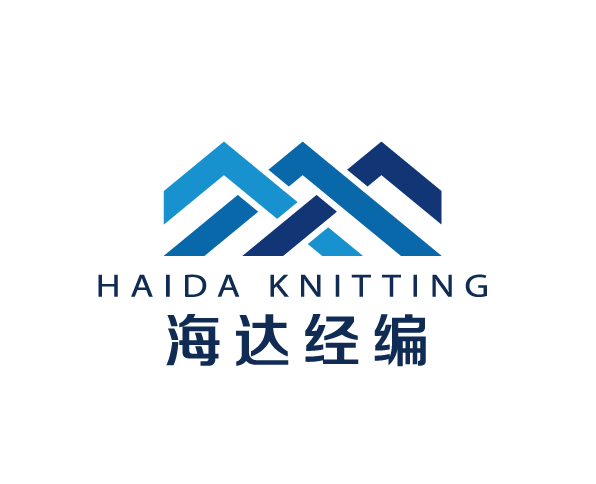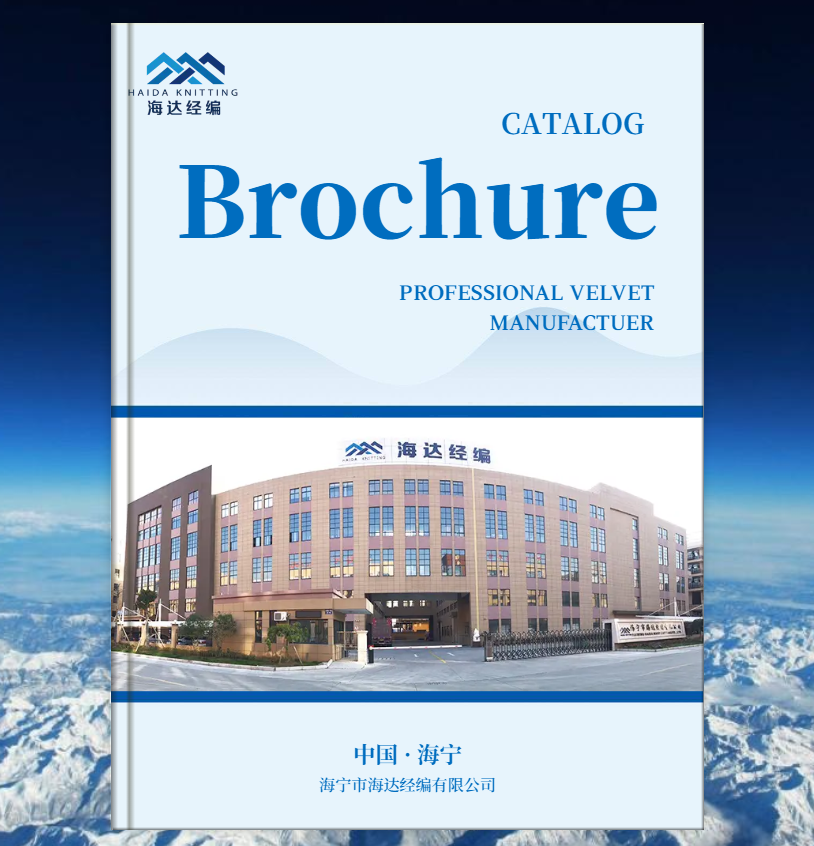
Importing Sofa Fabrics into the U.S.: Key Certifications and Standards
Importing sofa fabrics into the United States requires compliance with a series of certifications and standards designed to ensure the safety, quality, and environmental impact of the materials. Understanding these certifications is crucial for manufacturers, importers, and retailers in the home furnishing industry. This comprehensive guide outlines the key certifications and regulations that govern sofa fabrics imported into the U.S.

1. Flammability Standards: CFR 1633 and CFR 1632
CFR 1633 (Open-Flame Mattress Standard) and CFR 1632 (Cigarette Ignition Standard) are the most crucial regulations for any fabric used in furniture, including sofa fabrics. While these regulations specifically target mattresses, they are often referenced for upholstered furniture, including sofas.
- CFR 1633 mandates that the materials must be resistant to open flames, preventing rapid ignition and spreading of fire.
- CFR 1632 requires fabrics to resist ignition from a smoldering cigarette, the most common source of upholstery fires.
Compliance with these regulations is necessary for any fabric used in sofas to ensure they do not pose a fire hazard in the home.

2. California TB 117-2013
California’s Technical Bulletin 117-2013 (TB 117-2013) is one of the most recognized flammability standards for upholstered furniture, including sofas. It outlines the testing methods and performance criteria for fabric components when exposed to smoldering and open flame sources.
- Smolder Resistance: The fabric must resist ignition when exposed to smoldering cigarettes.
- Open Flame Resistance: Although not required by TB 117-2013, fabrics are often tested for resistance to open flames to meet other standards like CFR 1633.
Compliance with TB 117-2013 is mandatory for sofas sold in California, but it has become a de facto standard across the U.S. due to California’s large market influence.

3. Proposition 65 Compliance
California Proposition 65, officially known as the Safe Drinking Water and Toxic Enforcement Act of 1986, requires companies to provide warnings if their products contain chemicals known to cause cancer, birth defects, or other reproductive harm.
- Chemical Restrictions: Sofa fabrics must be free from or contain limited amounts of listed chemicals such as formaldehyde, lead, and phthalates.
- Labeling: If a fabric contains any of the listed chemicals, it must carry a clear warning label to inform consumers.
Proposition 65 compliance is essential for any sofa fabric entering the U.S. market, particularly if sold in California.

4. REACH Compliance
While REACH (Registration, Evaluation, Authorization, and Restriction of Chemicals) is an EU regulation, its impact is global, influencing U.S. standards, especially for imported products. REACH ensures that harmful chemicals are not present in textiles, including sofa fabrics.
- Substance Control: REACH restricts the use of hazardous chemicals such as azo dyes, cadmium, and certain flame retardants.
- Substance of Very High Concern (SVHC): Fabrics containing SVHCs above 0.1% must be reported and potentially labeled.
Though not a U.S. requirement, REACH compliance is often sought after by importers and retailers to ensure market access and consumer safety.
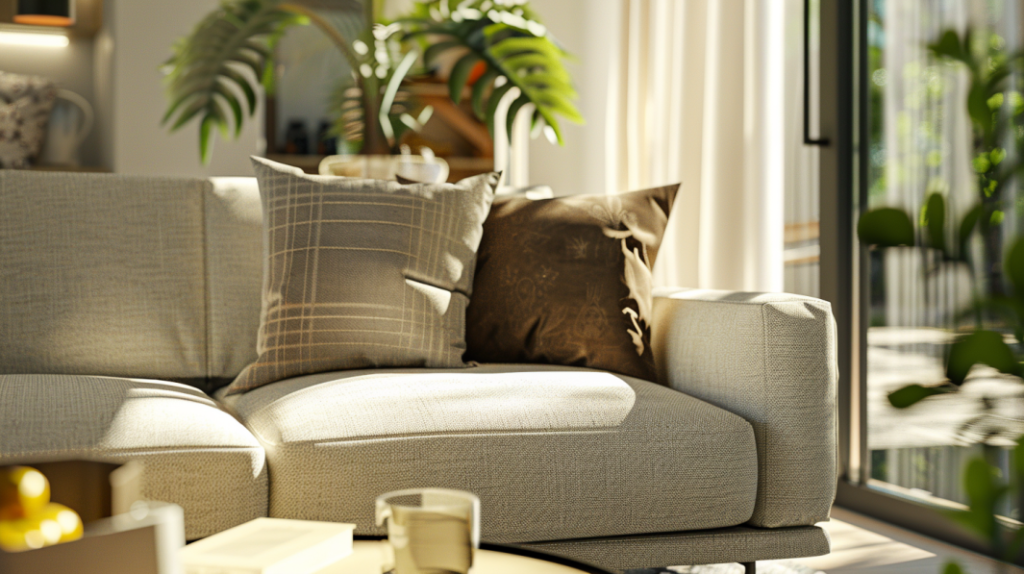
5. Oeko-Tex Standard 100
The Oeko-Tex Standard 100 is a globally recognized certification that tests for harmful substances in textiles. For sofa fabrics, this certification ensures that the fabric is safe for human use and free from harmful levels of substances such as pesticides, heavy metals, and formaldehyde.
- Class II Requirements: Since sofa fabrics come in direct contact with the skin, they must comply with Class II of Oeko-Tex Standard 100, which is stricter than other classes.
- Voluntary Certification: While not legally required, Oeko-Tex certification is a significant value addition, offering assurance to consumers about the safety and environmental sustainability of the fabric.

6. Global Organic Textile Standard (GOTS)
For sofa fabrics marketed as organic, the Global Organic Textile Standard (GOTS) certification is essential. GOTS covers the entire supply chain, ensuring that organic fibers are used and that environmentally and socially responsible manufacturing processes are followed.
- Fiber Content: Fabrics must contain at least 70% certified organic natural fibers to be GOTS certified.
- Chemical Use: Strict limitations are placed on the use of dyes, bleaches, and other processing chemicals to minimize environmental impact.
GOTS certification is crucial for companies targeting the eco-conscious segment of the market.
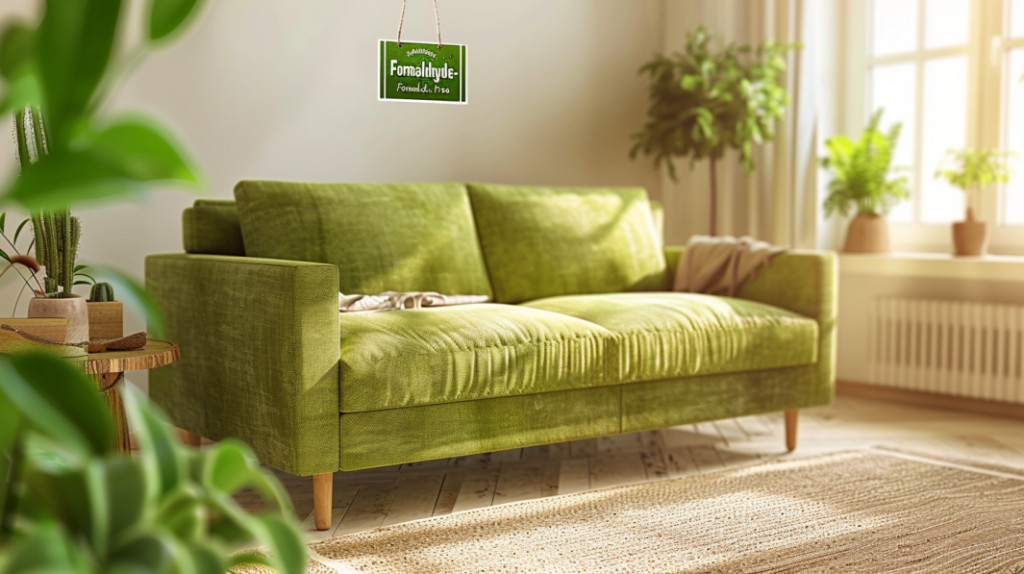
7. Formaldehyde Content Regulation
The U.S. regulates formaldehyde levels in textiles through standards set by agencies such as the Consumer Product Safety Commission (CPSC) and Environmental Protection Agency (EPA). High levels of formaldehyde in fabrics can cause skin irritation and respiratory issues.
- Formaldehyde Release Standards: Sofa fabrics must meet specific limits on formaldehyde release, typically below 75 ppm (parts per million).
- Testing and Certification: Third-party testing is often required to certify that fabrics meet these standards before entering the U.S. market.

8. ASTM International Standards
ASTM International provides a range of standards that impact sofa fabrics, particularly concerning durability and performance.
- ASTM D4157: This standard specifies the Wyzenbeek Abrasion Resistance Test, which measures a fabric’s ability to withstand wear and tear, a critical factor for sofa fabrics.
- ASTM D5034: The Breaking Strength and Elongation of Textile Fabrics standard tests the strength and flexibility of the fabric, ensuring it can withstand daily use without tearing.
Compliance with ASTM standards is essential for ensuring the quality and durability of imported sofa fabrics.

9. EcoLabel Certification
EcoLabel is another important certification, particularly for companies focusing on sustainability. It evaluates the environmental impact of a product throughout its lifecycle, from raw material extraction to production, use, and disposal.
- Environmental Impact: Sofa fabrics must meet stringent criteria for reduced environmental impact, including energy use, chemical use, and waste management.
- Consumer Assurance: Products with the EcoLabel certification are often preferred by environmentally conscious consumers.

10. Labeling Requirements
Finally, all imported sofa fabrics must comply with U.S. labeling requirements. The Federal Trade Commission (FTC) regulates textile labeling through the Textile Fiber Products Identification Act.
- Content Disclosure: Labels must clearly state the fiber content, country of origin, and manufacturer or dealer identity.
- Care Instructions: Proper care labels must be attached, providing consumers with information on how to maintain the fabric.
Conclusion
Importing sofa fabrics into the United States requires adherence to a comprehensive set of certifications and standards. These regulations ensure that the fabrics are safe, durable, and environmentally responsible. From flammability standards like CFR 1633 and TB 117-2013 to chemical safety certifications like Proposition 65 and REACH, compliance is non-negotiable for access to the U.S. market. Additionally, voluntary certifications such as Oeko-Tex Standard 100 and GOTS can provide a competitive edge by assuring consumers of the fabric’s safety and environmental sustainability.
Ensuring compliance with these certifications not only meets legal requirements but also enhances consumer confidence, potentially increasing market share in a competitive industry. By understanding and adhering to these standards, companies can successfully navigate the complexities of the U.S. import market for sofa fabrics.
